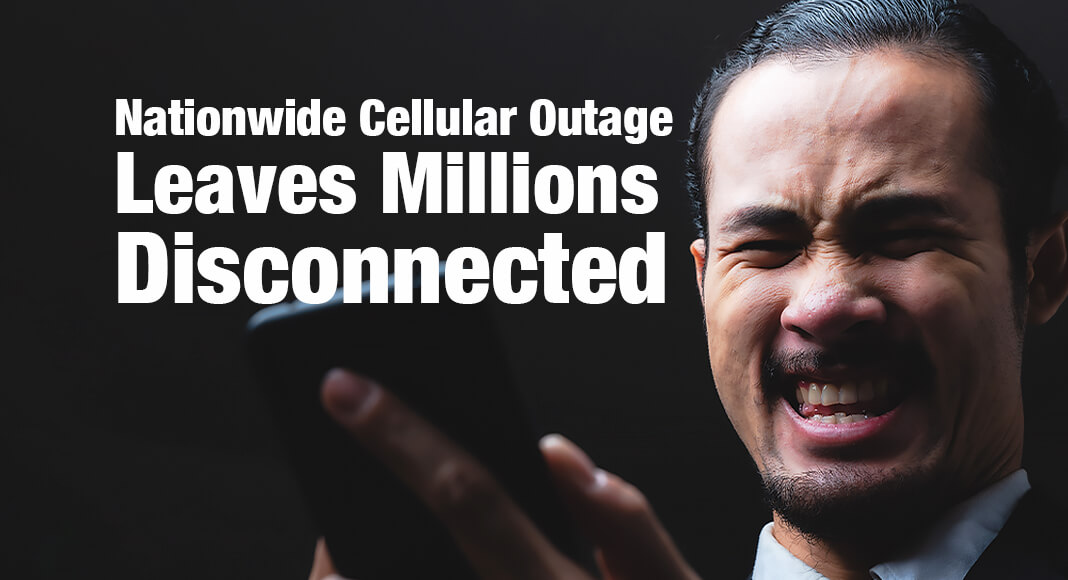
Texas Border Business
By Roberto Hugo González
In an unprecedented turn of events, the United States woke up to a technological standstill that seemed more like a scene from a long-gone era. Early Thursday morning, users across the nation reported a major cell phone service outage affecting major carriers, including AT&T and Verizon. This sudden disruption has left millions of Americans disconnected, stirring up widespread concern and confusion.
As of now, the root cause of the outage remains a mystery, with both state and federal authorities remaining silent on the matter. The lack of communication has only fueled speculation and anxiety among affected users, who find themselves cut off from their daily digital lifelines. In an age where cell phones serve as the primary means of communication, navigation, and information for many, the impact of such an outage cannot be overstated.
The silence from major carriers and regulatory bodies is deafening, especially considering the scale of the disruption. Social media platforms, those still accessible via Wi-Fi or unaffected networks, have become a makeshift hub for sharing information, tips, and solidarity among the disconnected masses.
The economic ramifications of this outage could be significant, especially if disruption become part of life or if outages continue for extended period. Businesses that rely heavily on mobile communication and transactions are particularly vulnerable. This event underlines the fragility of our modern telecommunications infrastructure and the need for robust contingency plans to deal with such crises.
As frustration grows among affected users, some have taken a lighter approach to the situation. Suggestions to cope with “cell service withdrawal” include engaging in seemingly archaic practices like talking to another human being in person. While humorous, this advice touches on a deeper truth about our reliance on digital connectivity and the importance of maintaining real-world social networks.
The current crisis raises critical questions about the resilience of our national telecommunications system and the steps that need to be taken to prevent such occurrences in the future. It also serves as a blunt reminder of the importance of diversifying our methods of communication and not solely relying on digital means.
In the meantime, the nation waits for answers from both the affected service providers and government agencies. Transparency and rapid action are crucial in restoring public trust and connectivity. As we navigate through this digital blackout, perhaps there’s a silver lining in reconnecting with the world around us in more traditional ways. However, the priority remains clear: restoring service and ensuring such a widespread disruption never happens again.















